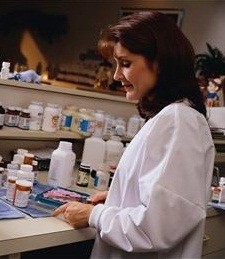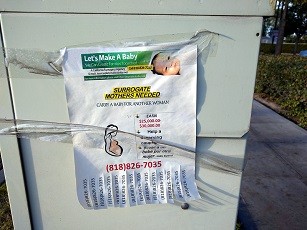CBC News
Dr. Mark Sinyor
I recently had the privilege of testifying before the Senate of Canada in their deliberations about medical assistance in dying (MAID) legislation. The specific question before them was whether to allow the practice as a treatment for mental illness, which the Senate voted to recommend following an 18-month “sunset clause,” and the House of Commons says it would support with a two-year phase-in.
I have no personal objection to MAID in principle. But as a doctor and a psychiatrist who believes in evidence-based medicine, I found both the hearing and the result horrifying.
Bill C-7 would extend MAID to those experiencing intolerable suffering and who are not approaching the natural end of their lives, including those with mental illness. . . [Full text]

